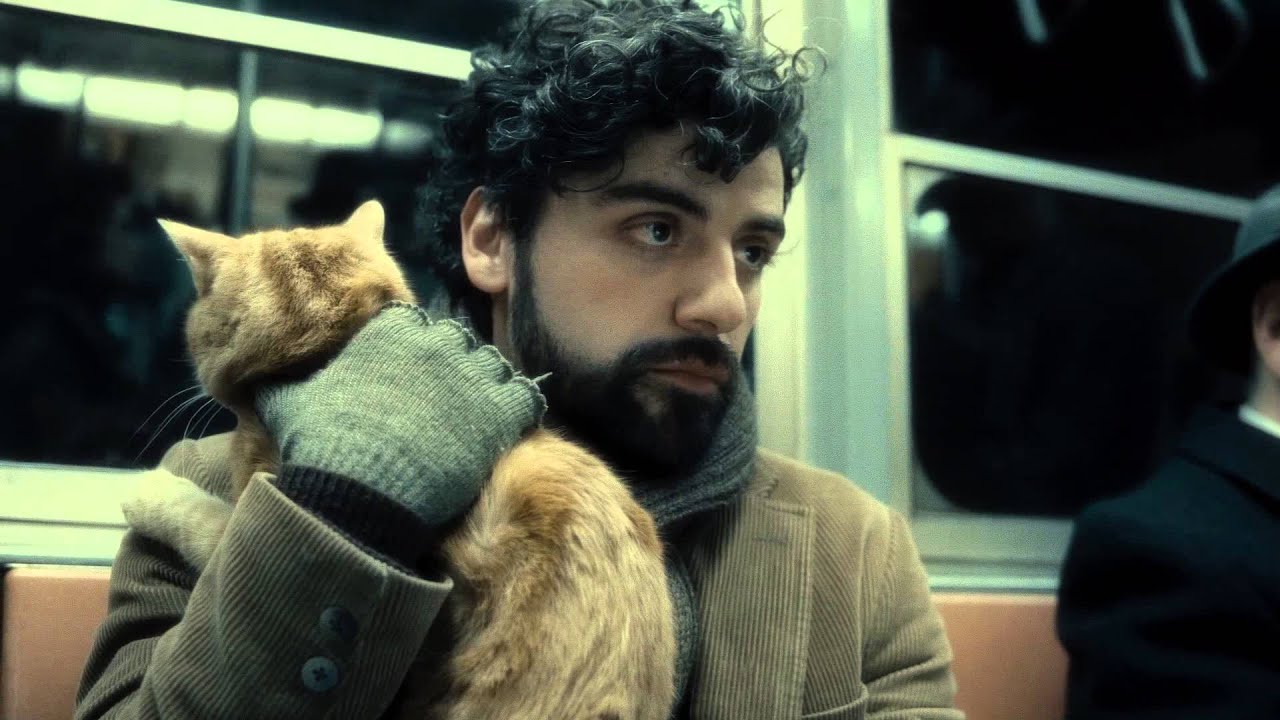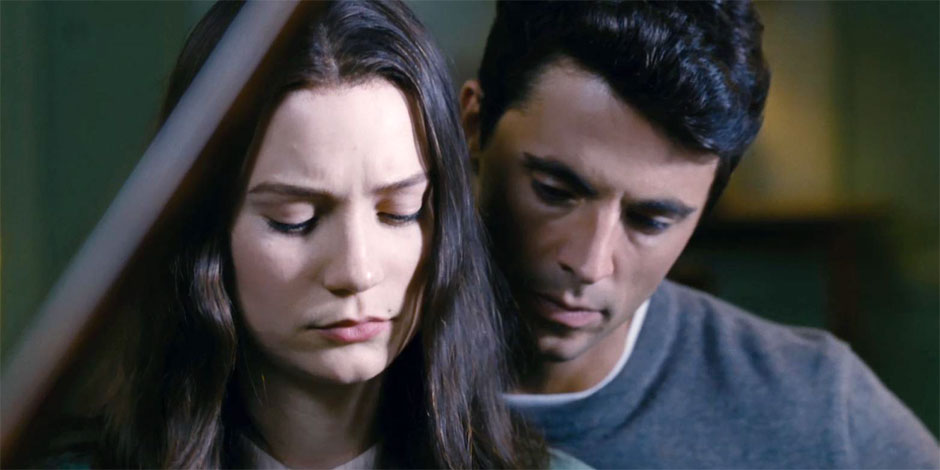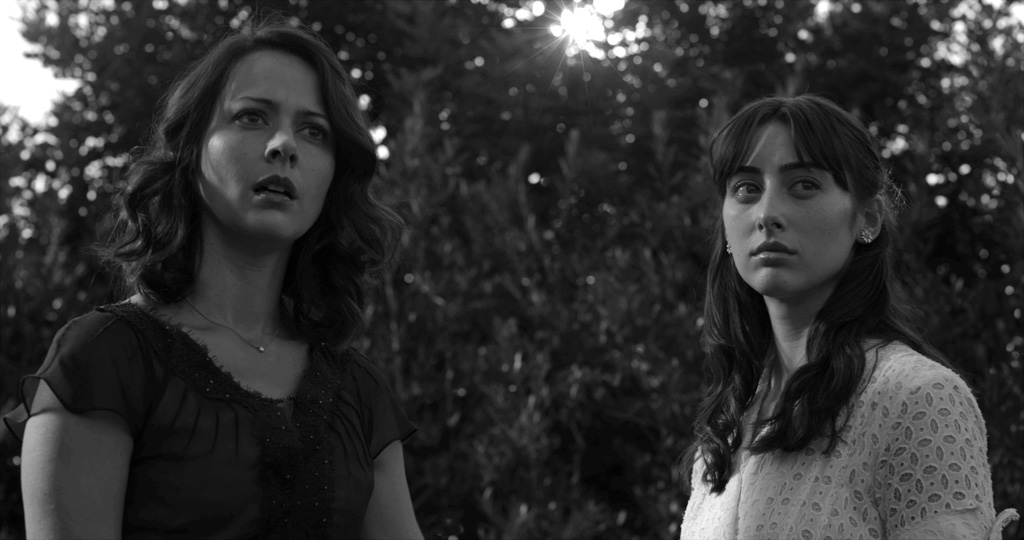The Best Movies of 2013, #8: Before Midnight
 Before Sunrise was never supposed to start a franchise. A touching, wondrous glimpse of two people meeting and immediately falling in love, Richard Linklater’s 1995 romance worked perfectly well as a standalone story of a single night, even if the tantalizing ambiguity of its ending—in which nascent lovers Jesse (Ethan Hawke) and Celine (Julie Delpy) agreed to meet again in Vienna in six months’ time—left viewers speculating as to what happened next. But to our surprise, Linklater resumed their story in 2004 with Before Sunset, which reunited Jesse and Celine for a few fateful hours in Paris. As it turned out, logistical issues prevented the lovers from reconnecting in Vienna, but even after nine years, their chemistry still crackled, and Before Sunset concluded with the winsome suggestion that they might in fact live happily ever after. Did they? To answer that question, Linklater and his two leads (who, for this film and the last, are also his writing partners) have returned with Before Midnight, which shatters our fairytale expectations with stark realism and painful honesty. Jesse and Celine may yet find bliss, but as this movie makes ruthlessly clear, it won’t be easy.
Before Sunrise was never supposed to start a franchise. A touching, wondrous glimpse of two people meeting and immediately falling in love, Richard Linklater’s 1995 romance worked perfectly well as a standalone story of a single night, even if the tantalizing ambiguity of its ending—in which nascent lovers Jesse (Ethan Hawke) and Celine (Julie Delpy) agreed to meet again in Vienna in six months’ time—left viewers speculating as to what happened next. But to our surprise, Linklater resumed their story in 2004 with Before Sunset, which reunited Jesse and Celine for a few fateful hours in Paris. As it turned out, logistical issues prevented the lovers from reconnecting in Vienna, but even after nine years, their chemistry still crackled, and Before Sunset concluded with the winsome suggestion that they might in fact live happily ever after. Did they? To answer that question, Linklater and his two leads (who, for this film and the last, are also his writing partners) have returned with Before Midnight, which shatters our fairytale expectations with stark realism and painful honesty. Jesse and Celine may yet find bliss, but as this movie makes ruthlessly clear, it won’t be easy.
When it opens, however, all seems to be well. We quickly learn that Jesse stayed in Paris with Celine all that time ago, and they’re now married with a pair of adorable twin daughters, vacationing together in Greece. More importantly, they’re still well-suited to engage in the one activity common to all three films: talk. In the movie’s first major set piece—a lengthy static two-shot of the parents driving in their car while their children doze fitfully in the backseat—our loquacious lovers yammer back and forth, trading verbal volleys with a naturalistic patter that instantly reinforces their unique intimacy and reminds us of why they fell for each other in the first place. Linklater has always been fascinated by characters doing nothing in particular (see: Dazed and Confused; don’t see: Waking Life), but Jesse and Celine remain his finest creation because of their specificity. They make quite the match, precisely because their temperaments are so disparate. Jesse, a writer by trade, is thoughtful and bookishly romantic but can also be maddeningly passive-aggressive, whereas Celine is passionate but frequently hotheaded and occasionally downright hostile. They are perfect for one another, which is also why they drive each other nuts. Read More

 Not much happens in Inside Llewyn Davis, the sixteenth—and arguably most soulful—feature from the inimitable Joel and Ethan Coen. Its narrative is elliptical, to the point that it ends literally where it began. It chronicles a week in the life of a New York folk singer (Oscar Isaac, extraordinary) who shuffles from one indignity to the next; he crashes at various houses (“Got a couch?”), scrounges for any gig he can find, and huddles to keep warm, lacking a winter coat to protect him from the city’s bitter chill. It systematically deconstructs its title character, establishing his talent and promise before methodically breaking him down through a series of humbling, escalating defeats. Not much happens, and yet for Llewyn, so much does.
Not much happens in Inside Llewyn Davis, the sixteenth—and arguably most soulful—feature from the inimitable Joel and Ethan Coen. Its narrative is elliptical, to the point that it ends literally where it began. It chronicles a week in the life of a New York folk singer (Oscar Isaac, extraordinary) who shuffles from one indignity to the next; he crashes at various houses (“Got a couch?”), scrounges for any gig he can find, and huddles to keep warm, lacking a winter coat to protect him from the city’s bitter chill. It systematically deconstructs its title character, establishing his talent and promise before methodically breaking him down through a series of humbling, escalating defeats. Not much happens, and yet for Llewyn, so much does. [Note: The Manifesto has reviewed 89 different 2013 releases up to this point. Some were
[Note: The Manifesto has reviewed 89 different 2013 releases up to this point. Some were 
